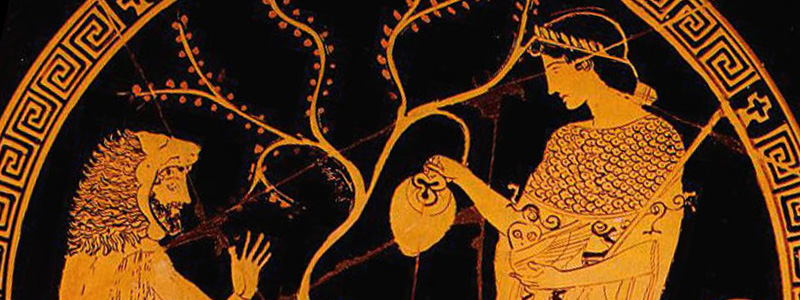
What is Philosophy? The love of wisdom. Usually this question is answered on the basis of wisdom. Wisdom is emphasized but the love of it is neglected. Thus philosophy is treated as an object as a static body of knowledge. The love of it is forgotten. Philosophy becomes σοϕία. When this divorce of ϕιλία from σοϕία occurs the result is that the emphasis passes from both ϕιλία and σοϕία to the idea of knowledge or έπιστήμη. This emphasis on knowledge as content as a static object then leads back to the idea of a knower which in turn ends up as a thinker with thoughts. Thus philosophy ends up as mind and its contents. But is this end of the journey really the love of wisdom?
Suppose one thinks of philosophy as the content of the philosopher philosophizing; that is a subject in a dynamic relation to its content. Perhaps this dynamic side is love while the content is wisdom. That is the two terms are not separable. The ancients thought of this implicitly when they had the idea of a “wise man” – which tradition goes back to Socrates. Now Socrates is more famous for his ignorance than his knowledge. For him wisdom was not knowledge as positive dogmatic static content. It was not νοῦϛ per se but rather the negation of the hubris of knowledge itself. This negation of hubris is often pushed aside in favour of positive content and the followers of Socrates thus transform his path of εὐδαίμονια into a doctrine. But Socrates presented not a doctrine but an activity of upsetting doctrine. Why? Because he “loved” wisdom not knowledge.
Later this wisdom was turned into knowledge and the process of putting universal graspable content forward as the only content. This metamorphosis begins a chain of reasoning that leaves behind both love and wisdom.